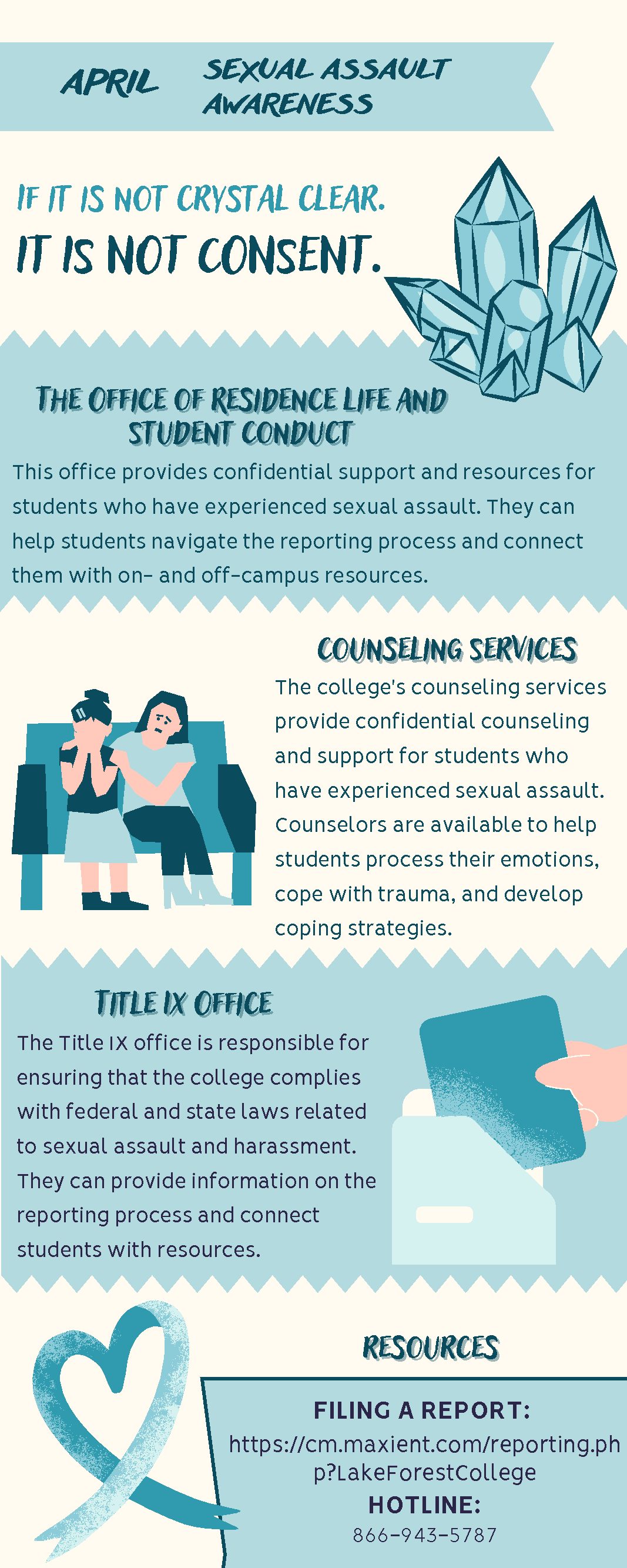The Article below was published in Vol. 136, Issue 5 of the Lake Forest College Stentor on February 19, 2021.
By Alec Macartney ‘24
Staff Writer
The human brain recognizes race in less than a second. With this point, Dr. Jennifer Kubota, Assistant Professor in the Department of Psychological and Brain Science and Political Science and International Relations at the University of Delaware, began her February 17 talk on “The Neuroscience of Racial Bias.”
In the same moment, the brain recognizes race, the mind starts to try and make sense of this new information frantically. It is in this stage that one’s implicit biases become known.
An implicit bias is the mind’s unconscious storytelling based on beliefs, attitudes, and stereotypes about any social group. Implicit bias can look like believing girls are bad at math and unconsciously being biased against receiving notes from a female friend in Calculus. It can also look like stereotyping black men as more aggressive and the harmful repercussions of that bias.
No one is without implicit bias. Dr. Kubota points out that “group membership influences responses even when we do not intend for this to happen,” and no one escapes childhood without being impacted by their society. Individuals from more diverse backgrounds tend to have a less implicit bias towards others based on race. Yet, exposure to diversity does not always foster inclusion. Participants from racially segregated areas of diversity still scored high on implicit bias testing for race. The quality of diverse interactions, therefore, matters more than the quantity of these interactions. Exposure to diversity alone will lessen one’s implicit bias.
However, Dr. Kubota assures those concerned with their own implicit biases that change is possible. Throughout her work on implicit bias and race, Dr. Kubota found that when individuals are empathetic towards and deeply connect with others from differing backgrounds, they become less implicitly biased.
By encouraging connection with others from differing backgrounds, the upcoming Diversity, Equity, and Inclusion events at Lake Forest College complement Dr. Kubota’s lecture.
Malcolm X Day event
Sunday, February 21st, 2:00 pm (CST). Featuring: Dr. Courtney Joseph, Assistant Professor in History and African American Studies, and Dr. RL Watson, Assistant Professor of English and African American Studies
Essential Voices: Personal Reflections on Black History Month
Thursday, February 25th, 12:30 pm – 2:00 pm (CST). Featuring: Lake Forest College President Dr. Stephen Schutt & Dr. DeJuran Richardson Ernest H. Volwiler Professor of Mathematics & Chair Department of Mathematics & Computer Science and Senior Advisor to the President.
Dr. Kubota closed her talk this week addressing the continued effort made by the Lake Forest College community to build diversity, equity, and inclusion on campus; “challenges are ahead, so build a robust community of support. Perseverance is built through a community of support.”
Editor’s Note: The upcoming events will be held via Zoom. Links are in emails to the campus community from Director of Intercultural Relations Claudia Ramirez-Islas.



